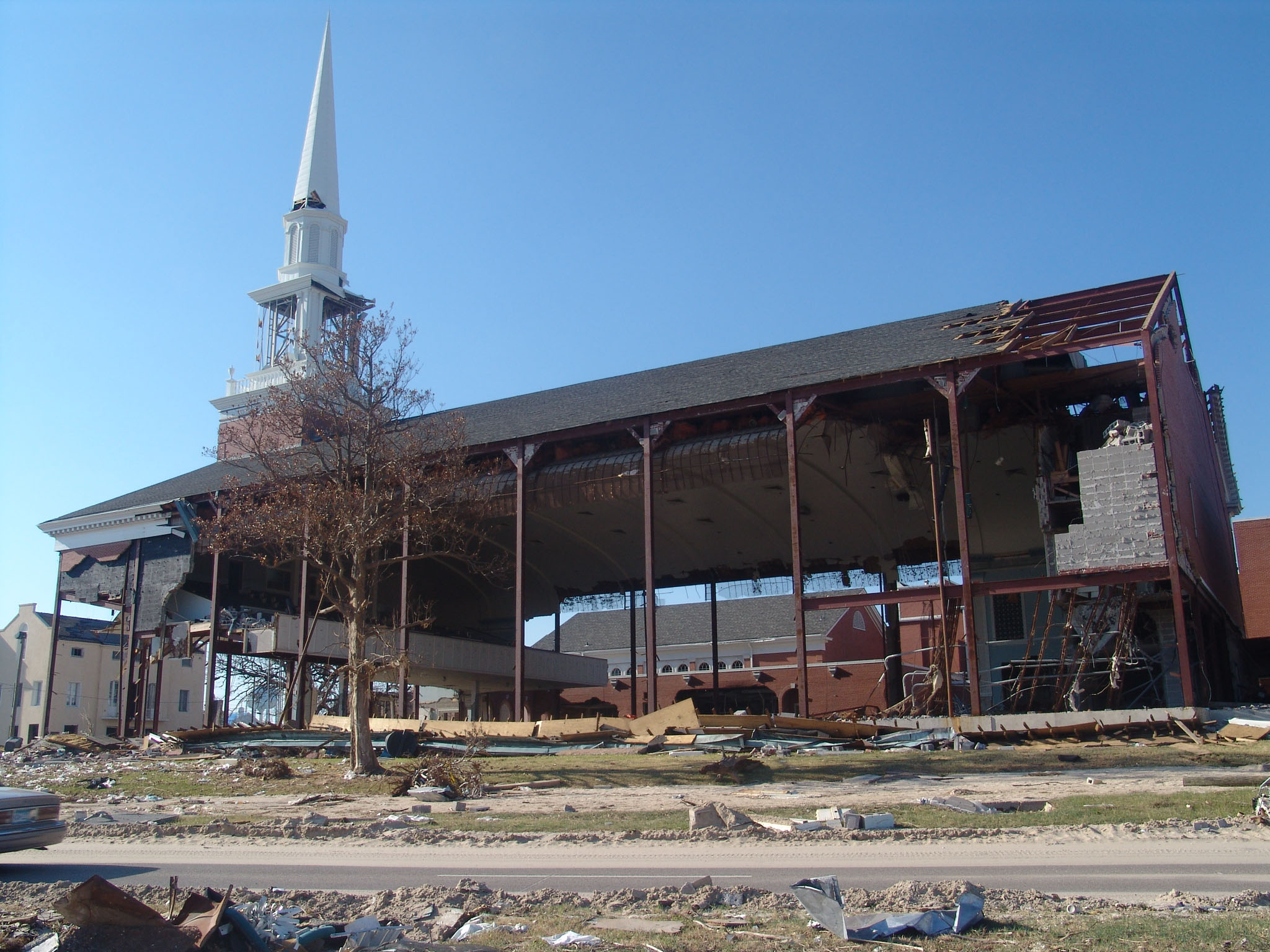Given the never-ending debate over Pope Pius XII and whether he was “silent” during the Nazi extermination of the Jews–or just prudent, as other claim–one woud think bishops across the world, and especially in the United States, would be speaking out against the anti-Semitism and Holocaust denials of the SSPX and its leadership.
But the silence is deafening, and in his New York Times column this week, “The Holocaust Furor and the U.S. Bishops,” Peter Steinfels explores this dismaying phenomenon:
Surely Catholic bishops are aware of the corrosive effect that these kinds of nagging questions can have on the faith of their people. A few such questions have quite likely nagged at some bishops themselves. But so far none of them have chosen to discuss the matter out loud.
This silence would be understandable if the bishops’ only option were to engage in harsh criticism. But they have plenty of respectful, charitable alternatives, from merely acknowledging that the papal action was troubling or perplexing to indicating that they are requesting clarification of Rome’s procedures and the pope’s intentions.
It’s a safe bet that during the last week, private expressions of dismay or bewilderment have been flying from bishop to bishop and from bishops to Rome.
Still, that does not satisfy Jews. Nor does it assure millions of concerned Catholics that their questions and anxieties are shared by leaders determined to discuss them charitably, candidly, maturely, in a way suited to what the bishops themselves teach about the church and the papacy.
Who will speak up first?
That’s the burning question. Steinfels noted that Atlanta Archbishop Wilton Gregory, the current chairman of the United States bishops’ Committee for Ecumenical and Interreligious Affairs, said the church was “embarassed” by the episode and needed to reaffirm Catholic solidarity with Jews.
And perhaps prompted by the silence (or the Steinfels column), Boston Cardinal Sean O’Malley blogged a response late Friday night that Rocco Palmo cited here…O’Malley writes:
It was tragic that one of the four bishops, Bishop Richard Williamson, had made outrageous statements about the Holocaust and about the September 11 attacks on the United States. It certainly raises questions as to the caliber of the leadership that the Society has. Additionally, as terrible as the comments were, it underscores the importance for the Holy Father to have increasing influence over those communities.
We are very sorry that the people in the Jewish community have been so pained and outraged by Bishop Williamson’s statements. I think the Holy Father’s statements and those of Cardinal Walter Kasper, chairman of the Pontifical Commission for Religious Relations with the Jews, have been very clear to dissociate the Catholic Church from those kinds of sentiments. I was pleased that the head of the Society of St. Pius X, Bishop Bernard Fellay, also repudiated the statements of Bishop Williamson.
As The Globe’s Michael Paulson writes it up, O’Malley was supporting the Pope without really apologizing, just saying he and the Pope do not share Williamson’s views and expressing regret for the reaction within the Jewish community.
That really doesn’t seem up to the task, or to recognize the pervasive anti-Semitism of this group.
Far more honest and effective, I thought, were the comments from Fr. James Massa, executive director of U.S. Conference of Catholic Bishops’ Secretariat of Ecumenical and Interreligious Affairs–point man for dialogue with Judaism. As Fr. Massa says in this CNS story:
“It has been very hurtful to our Jewish partners,” said Father James Massa, executive director of U.S. Conference of Catholic Bishops’ Secretariat of Ecumenical and Interreligious Affairs. “They’ve been calling us for answers for what this means. The mood is very tense.”
So what’s the next step?

